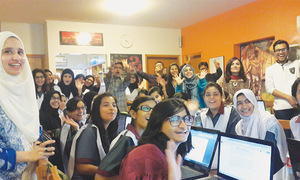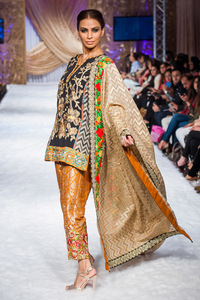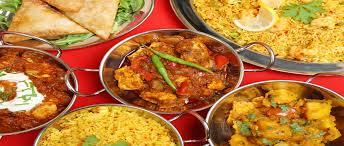Recent news about the Pakistani origin of the San Bernardino's terrorists has shocked and saddened the Pakistani American community. In an environment where Muslims face a backlash after every terrorist attack at home or abroad, being from Pakistan is no joke these days.
Thanks to media stereotypes of Muslims, most Islamic nations including Pakistan get painted with a very broad brush, one where bearded extremists and oppressed women reign supreme. That's the reason why I wrote my book Brick Walls: Tales of Hope & Courage from Pakistan: to showcase some of the lesser known but astonishingly vibrant and beautiful aspects of Pakistani people and culture. Granted that it's impossible to learn about an entire nation in one blog post, but to get started, here are some ways Pakistan is not the place Americans think it is:
Pakistan has an educated and liberal upper class. Unfortunately most images of education in Pakistan focus on children sitting on floors and studying on rickety desks. While true of many rural areas, Pakistan's cities include a whole spectrum of top educational opportunities from Catholic convent schools to local English schools and exclusive business colleges. What's more their students win national and international awards almost every single year, such as a group of students who won a film award and a 7th grade boy who won an international math competition. Since the American media doesn't profile those educational spaces or the students attaining world-class education, Pakistani Americans like myself often get questions such as "where did you learn English?" or "How is your accent so good?" My response: Pakistan is more educated than you know.
The image of the oppressed Muslim woman is seared into the western mind. Contrary to media narratives, Pakistani women are some of the most determined and intelligent women in the world. From the first female head of state of a Muslim country Benazir Bhutto, to the first female Pakistani to scale Mount Everest Samina Baig, from CEOs of startups to heads of banks and everything in-between, Pakistani women are leaving a mark in a way that Americans don't hear about in the media. This list of 10 Pakistani businesswomen will leave you with hope for that country and possibly even a query: when will we learn more about empowered Pakistani women? Hint: search for Pakistani media sources that profile women and other marginalized groups, such as Dawn and Express Tribune.
Pakistan has a top-notch creative scene including music, fashion and art. Those who see Pakistanis as fundamentalist Muslims often don't realize how popular art forms are in a country like Pakistan. True, some Muslims consider art haram (forbidden) but they are not a majority. From fashion weeks and literary festivals, from art events to music concerts, the youth of Pakistan often spend their time appreciating creative pursuits.
Pakistani cuisine is some of the most delicious in the world. You've heard of biryani and tandoori, and of course the ubiquitous naan, but food lovers should know that is just the tip of the ice berg as far as Pakistani food is concerned. A virtual plethora of tasty delights exist, cooked on open ovens, tiny kitchens and small roadside cafes called dhabas. While mostly a male domain, a new social media campaign is opening dhabas to Pakistani women through a popular hashtag campaign #GirlsAtDhabas.
As a Pakistani American author, I spend much of my time traveling and speaking about the beautifully complex culture of my birth country. I agree, Pakistan has problems, but it is also full of men and women who are strong, courageous and determined to bring about changes. Instead of focusing on tired stereotypes and media narratives, I urge Americans to learn about the real Pakistan from books, alternative media sources and even social media sites such as Pinterest. Explore the color, the sounds, and the activities of everyday Pakistan.



